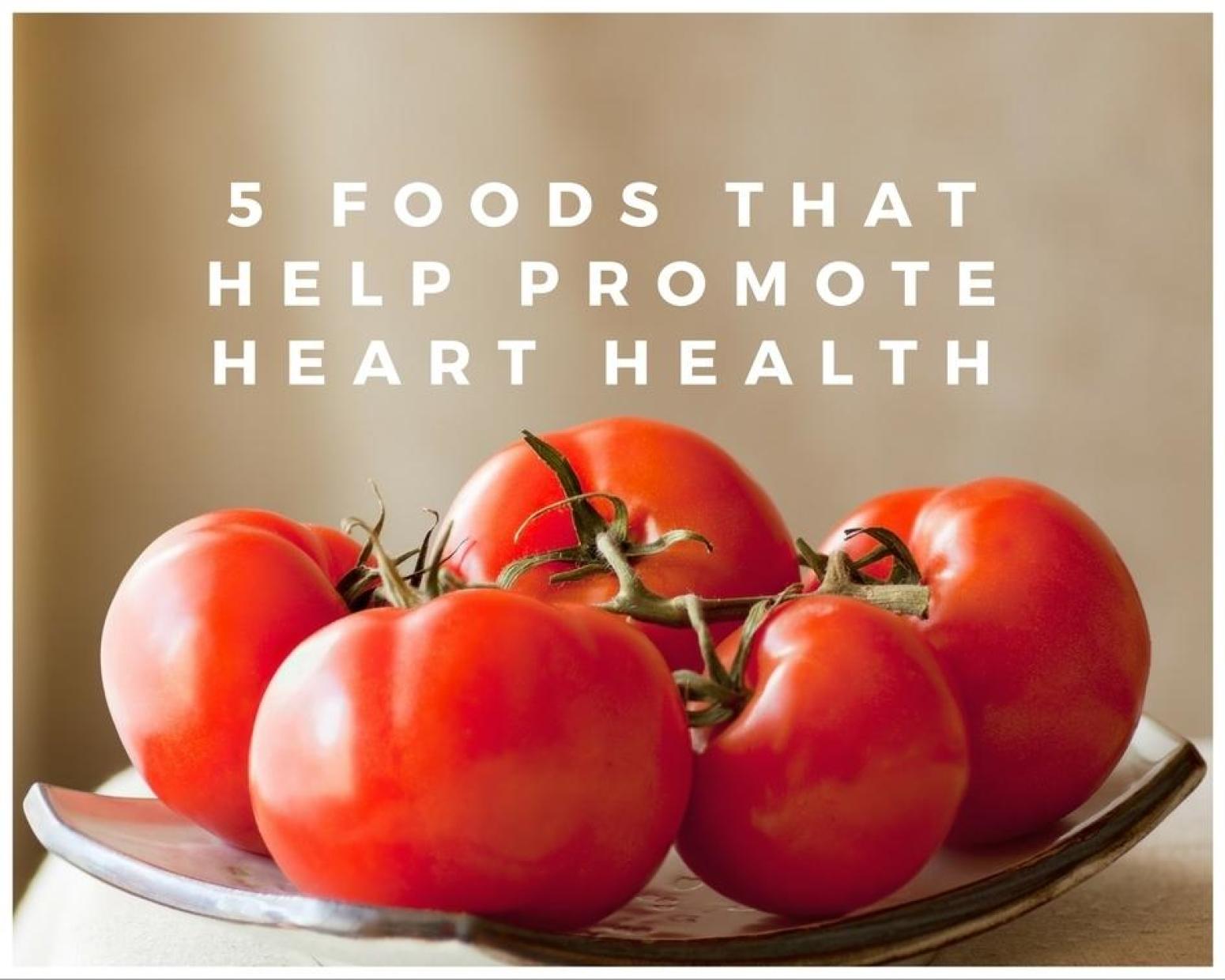Recent information about heart health as related to nutrition is more confusing than ever. Luckily, there are more than a few foods that have stood the test of time as heart healthy options.
Tomatoes
Tomatoes are chock full of lycopene, a carotenoid that gives it that wonderful bright red hue. Lycopene functions as a potent antioxidant and anti-inflammatory in the body which may help protect the cardiovascular system. Research has shown an associative relationship with reduced risk of heart disease and tomatoes for quite some time. However, recent trials show unclear results when supplementing with lycopene. Your best bet is to include tomatoes as a regular part of your diet. (1)
Salmon
Salmon is a rich source of protein and healthy fats, particularly omega three fatty acids. Omega 3 fatty acids are considered an essential fatty acid which means we need them to survive. Including 113 grams of salmon twice per week (about the size of a deck of cards) in the diet has been shown to lower triglycerides and increase good cholesterol, HDL- Cholesterol.
Walnuts
Walnuts are a rich source of plant based Omega 3 Fatty Acids. Walnuts have also been shown to decrease triglyceride levels and increase your levels of good cholesterol (HDL-C). One study revealed that just four walnuts per day for two weeks increased levels of EPA in the blood, a potent anti-inflammatory fatty acid! (2,3)
Whole Grains
Research consistently shows swapping refined grains for whole grains improves health overall, including heart health. Whole grains such as quinoa, brown rice, and oats are higher in fiber than refined grains. Refined grains, such as bleached flour and refined sugar, are linked with increased triglyceride levels. Triglycerides are sugar bound to fat in the blood; increased levels are associated with cardiovascular disease. Simply swapping refined grains for whole grains can decrease triglyceride levels. (4)
Dark Chocolate
Here is a fun one! Dark chocolate is high in polyphenols, which have been demonstrated to lower blood pressure in hypertensive patients. Research shows it can help improve lipid markers too such as total cholesterol and LDL- Cholesterol (the bad one). The caveat? It needs to be 70% cacao or darker and contain very little sugar to see any effects.
Resources:
(1) Riccioni, G., et al. “Protective effect of lycopene in cardiovascular disease.” European review for medical and pharmacological sciences 12.3 (2008): 183.
(2) Rajaram, Sujatha, et al. “Walnuts and fatty fish influence different serum lipid fractions in normal to mildly hyperlipidemic individuals: a randomized controlled study.” The American journal of clinical nutrition 89.5 (2009): 1657S-1663S.
(3) Marangoni, Franca, et al. “Levels of the n-3 fatty acid eicosapentaenoic acid in addition to those of alpha linolenic acid are significantly raised in blood lipids by the intake of four walnuts a day in humans.” Nutrition, Metabolism and Cardiovascular Diseases 17.6 (2007): 457-461.
(4)Tighe, Paula, et al. “Effect of increased consumption of whole-grain foods on blood pressure and other cardiovascular risk markers in healthy middle-aged persons: a randomized controlled trial.” The American journal of clinical nutrition 92.4 (2010): 733-740.
